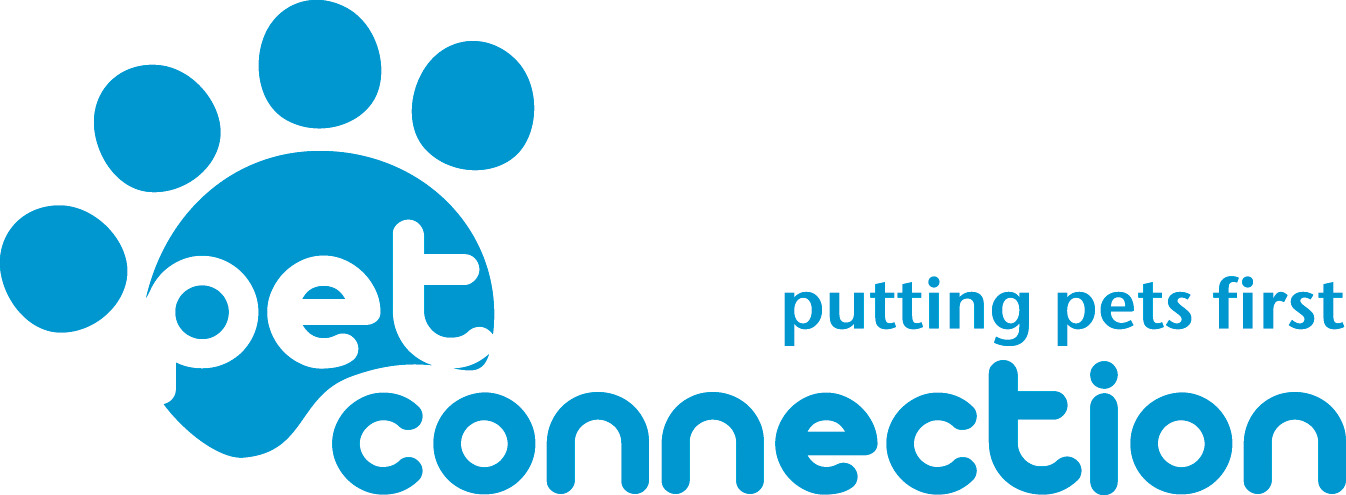  The first 24 hours is a critical time period when it comes to finding your pet. After that, the chance of you finding your dog drops dramatically. It is very important that you spend this important time searching thoroughly for your pet, and following all of the steps outlined below.
By law, your dog should always wear a collar and identification tag with your name and address on when out in public. It is also compulsory for all dogs to be microchipped in the UK and Ireland.
If your dog is wearing an ID tag and is microchipped, this will hugely increase your chances of being reunited with them if they go missing.
Your course of action will vary slightly dependent on whether you believe your dog has escaped or been stolen from your home, but many actions should be completed regardless of the circumstances behind your dog becoming lost.
If you have found a dog, visit our Found Dogs information page for advice on what you should do to get the dog home to their family.
 Sweep your neighbourhood, recruiting as many friends and neighbours to help as possible. If your dog has just left your house, they may not be too far, immediately sweep your local area, calling out your dog’s name. Be sure you bring something extra tasty, like steak, chicken or ham, to get them to come to you if you are worried they won’t. While out searching, tell everyone you meet you are looking for your dog. Show them a picture from your phone. Call at all your neighbours' homes so they can be on the look out for your dog.
Call the microchip database they are registered with and report them as lost or stolen. Make sure your contact details are up to date. If you are unsure which database your dog's microchip is registered with, call the vets at which the chip was implanted and they should be able to advise. This will ensure that if anyone tries to re-register the chip number, you will be informed
Contact your local authority dog warden, via your local council. They are legally responsible for stray dogs and may well have picked up your pet if a member of the public has reported it straying. They will hold on to stray dogs for five days but, after this time, dogs will be rehomed or put to sleep if no home or rescue placement can be found for them. Local councils will usually place stray dogs in holding kennels or at a private kennels with which they have a contract for their 5 day holding period.
Contact neighbouring local authorities too as dogs may move across local council borders . If you live in a border area between the North and South of Ireland, it is very important to contact local authorities on both sides of the border. Sometimes well meaning people will pick up a dog they find straying and take it home to keep it safe until the dog warden is able to collect it, moving the dog into a different council area.
Contact local vet surgeries and animal hospitals. If your dog has been injured, they may have been taken there for treatment.
Call local boarding kennels and rescue centres. It’s possible someone has found the dog and taken them to a local rehoming centre or kennels, which may hold the dog until the local authority is able to collect it.
Check online lost and found websites, Facebook pages and notice boards in your local area. Get in touch with social media pages focussed on finding lost pets in your area, the administrators on these pages tend to be very helpful and know the local areas very well. If necessary, many will help to organise searches in the area your pet is missing in. Remember that these teams are usually voluntary, so be polite and give as much information as possible regarding your pet's breed, age, colour, distinguishing features and any behavioural traits which may affect their activities when running free. There is no single national missing animals database, so you will have to place the same information on all of them to ensure a widespread appeal.
Register your dog on DogLost, a free national database which is run by volunteers who will help you to search for your dog. DogLost is a national community of thousands of dog owners and volunteers, helping to reunite lost dogs with their owners. They provide a printable poster for each dog that can be put up in your area, a page for each lost or found dog, where news and support can be shared, email alerts for lost dogs in and around your postcode, other news of lost pets and relevant events, connections to help you share news of lost dogs on social media and links to a microchip scanning service used by vets and wardens, to ensure your pet is returned as soon as possible.
If you think your dog has been stolen, call the police. Use the non-emergency number for your police service or report the theft online. Insist it is recorded as a theft and not a lost animal. Ask for a crime reference number.
Put up notices in your local area with an up to date photo of your dog. Focus particularly on pet shops, veterinary surgeries and local shops.
Visit places where other dog walkers go and ask them to keep an eye out for your dog. Lost dogs often approach other dogs and their owners when out on walks. |


